To paraphrase the law of inertia, an organization at rest tends to stay at rest. And an organization in motion tends to stay in motion. If you need to move a large number of people in the direction of an important change, you need that momentum.
But how do you get it rolling? With two levers: getting immediate action that drives our desired outcome and creating visible success to reinforce it.
Action. Pick easy behaviors that are important to the change. Support people, so they know exactly what to do, when to do it, and how to know when they get the behavior right.
Success. Reward those who complete the behavior – the reward depends on the situation. It might be a system response, a tangible reward, feedback from a supervisor, or public recognition. Spread stories of team and individual success. Focus the organization’s attention on these “wins.”
Our goal is habit – behavior that is self-perpetuating. Once the right behaviors are a habit, and you layer a number of those across the organization, you have momentum.
Example Momentum Plan for Change
- Send an email, reminding my team of the reason for the change, and telling them that we’re starting in small steps. Lay out my “action-success” plan for them.
- Every Monday, email my team with a behavior I want to see that week. Give examples and ways to tell they’ve done it right.
- Throughout the week, informally recognize that behavior when I see it.
- Thursday, send an email asking for stories about how this behavior worked, during the week
- Feed the stories back to the team. Call out great performers. Be enthusiastic! Create some buzz!
- Every day: Remember the key to focusing attention: Keep it simple!
Weekly Action Plan (sample)
Sample emails
Monday
Subject: This week, open all meetings with your intended outcome.
Team,
We’ve spent eight hours discussing effective meetings. Now it’s time to put it into action. We’ll take this in small steps that add up to our vision.
This week, please open every meeting by defining your intended outcome.
On Thursday, I will ask you for examples of how it went – good, bad, indifferent. I’m looking forward to your stories!
Regards,
Tony
Thursday
Subject: How did your meetings go?
Team,
This week I asked you to open every meeting by defining your intended outcome. How did it go? I’m interested in specific examples, good and bad, of your experience.
Thanks,
Tony
Friday
Subject: FW: Pam did a good job starting her meeting.
Team,
Here’s John’s experience from Pam’s meeting (see below). Good learning here for all. Pam, I love your idea of the flipchart page and circling back at regular intervals. John, thanks for sharing! I appreciate the leadership from both of you.
Thanks,
Tony



